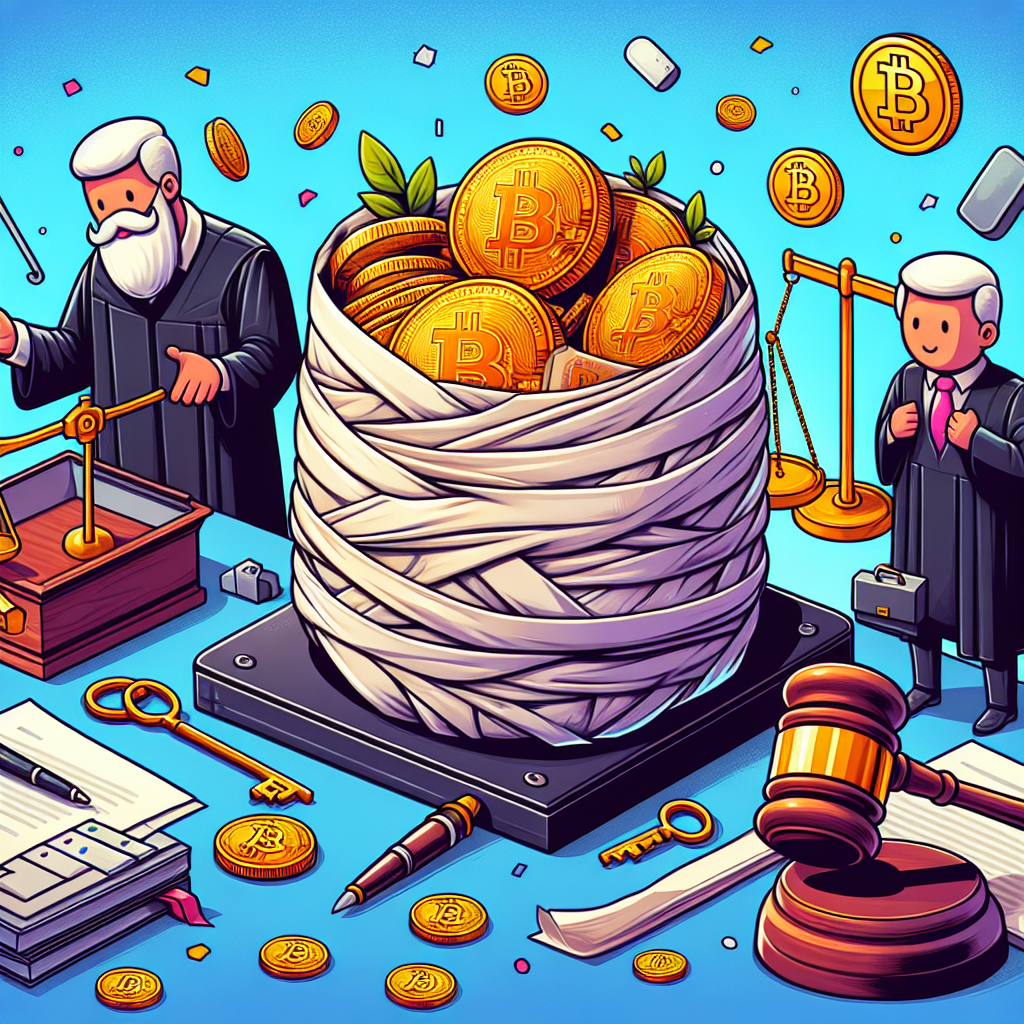Tag: WBTC
Coinbase Stands Its Ground Amid Controversy In a development that’s sparking debate within the crypto community, Paul Grewal, ...
Coinbase, the prominent U.S.-based crypto exchange has triggered controversy following its recent decision to delist the DeFi token, ...





